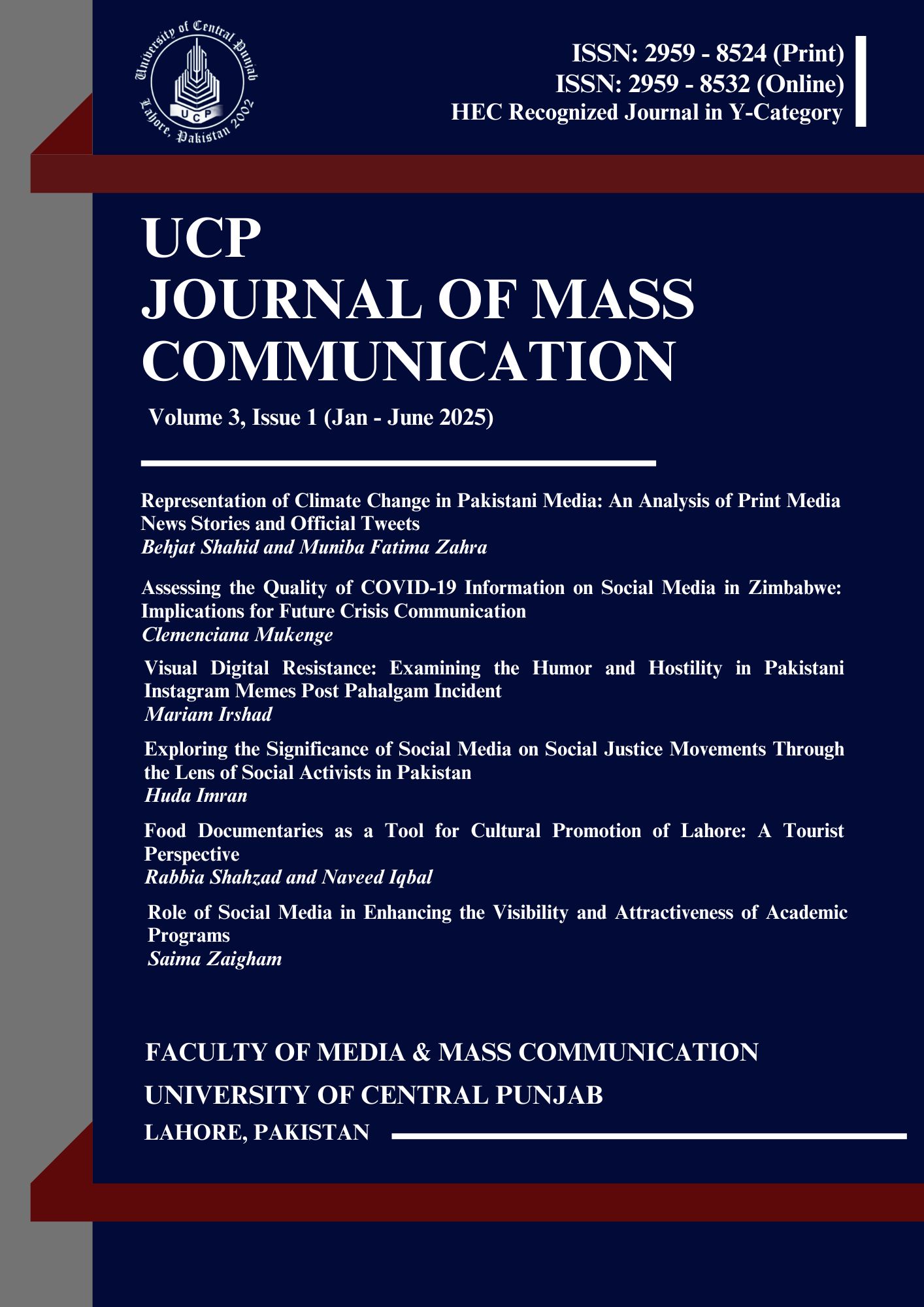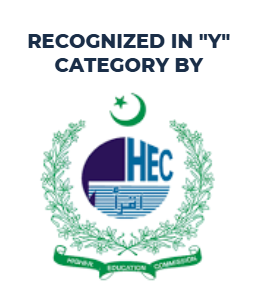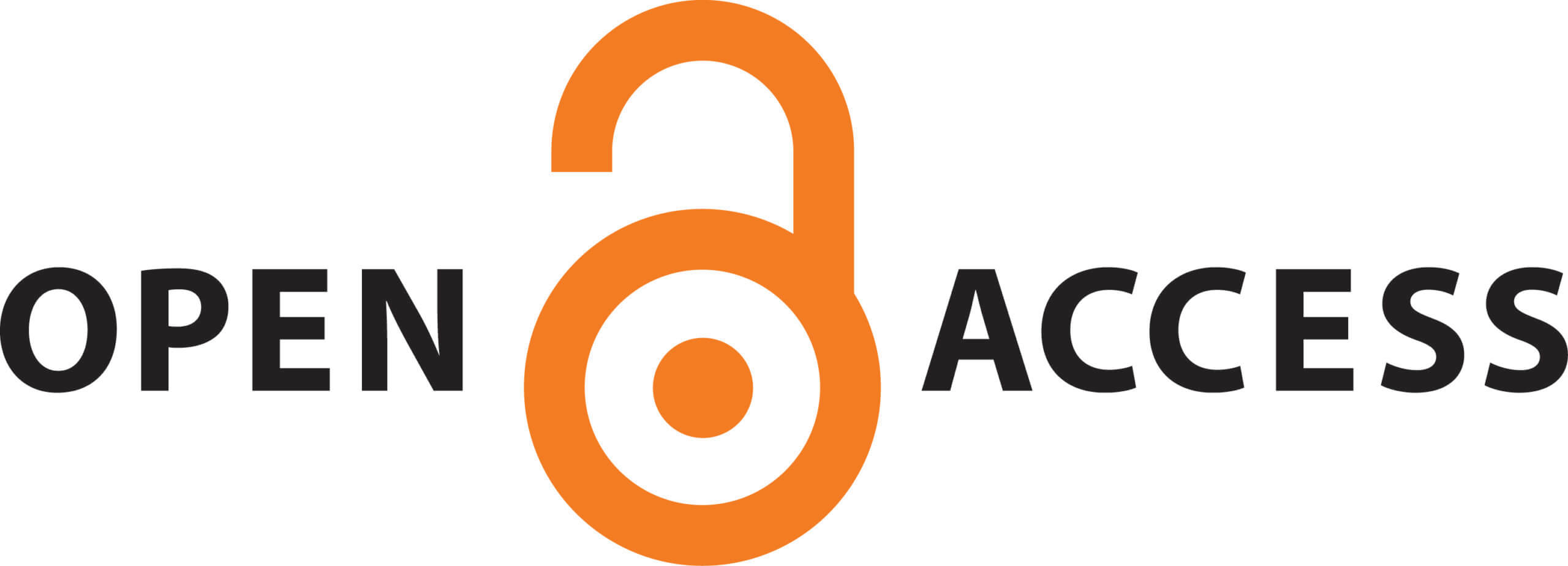Assessing the Quality of COVID-19 information on Social Media in Zimbabwe: Implications for Future Crisis Communication.
DOI:
https://doi.org/10.24312/ucp-jmc.03.01.531Keywords:
COVID-19 information quality, Social media, Students, Questionnaire Survey, Zimbabwe.Abstract
This study examines the quality of COVID-19 information on social media among Zimbabwean students, focusing on six information quality indicators (comprehensiveness, accuracy, relevance, accessibility, reliability, consistency), to inform future crisis communication preparedness. An online questionnaire was administered over three months (February to May 2023), and 284 respondents participated. Descriptive statistics were employed to analyze the survey data, using frequencies and percentages to provide numeric descriptions of the information quality variables. The results of the study indicated that COVID-19 social media information was perceived by the majority as comprehensive (62%, n=176), accurate (73%, n=207), relevant (58%, n=165), accessible (67%, n=190) and consistent (56%, n=159). At the same time, only 33% (n=94) of the respondents identified this information as reliable. The survey further established that social media was the main source of COVID-19 information amongst 66% (n=187) of the respondents, whereas 57% (n=162) perceived the information adequate and 83% (n=236) found it useful. The study highlights the value of social media for COVID-19 information while raising concerns about reliability, underscoring the need to enhance credibility and trustworthiness. These findings have implications for future public health crisis communication. Further research should explore diverse population groups in Zimbabwe for a more comprehensive understanding of the topic.
Downloads
Published
Issue
Section
License
Copyright (c) 2025 UCP Journal of Mass Communication

This work is licensed under a Creative Commons Attribution 4.0 International License.









